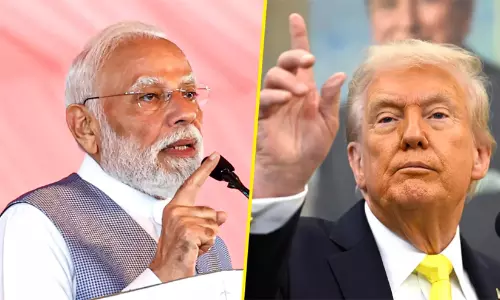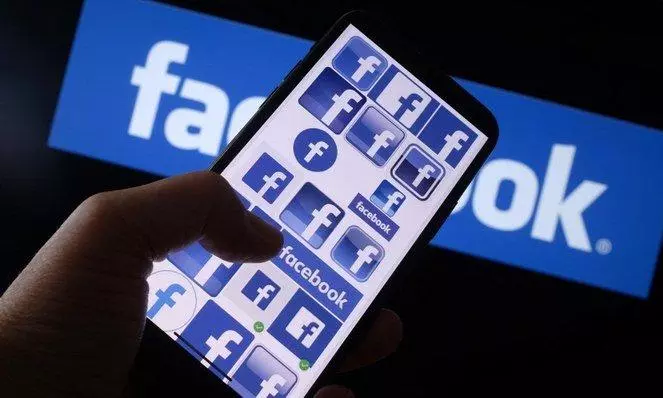
Misinformation on Facebook gets six times more engagement than news: Study
text_fieldsSan Francisco: A study by New York University and France's Universite Grenoble Alpes have found that misinformation received six times as many likes, shares, and interactions as legitimate news articles on Facebook.
The study looked at posts from the Facebook pages of more than 2,500 news publishers from August 2020 to January 2021 and saw publishers with right-wing inclinations have a much higher propensity to share misleading information than publishers in other political categories, reports The Washington Post.
Quoting Rebekah Tromble, Director of The Institute for Data, Democracy and Politics at George Washington University, who reviewed the study's findings, the report added that misinformation has found a comfortable home - and an engaged audience - on Facebook despite a variety of mitigation efforts.
The researchers will share the study as part of the 2021 Internet Measurement Conference in November.
Meanwhile reacting to the findings of the study, Facebook spokesperson Joe Osborne said that the report looked mostly at how people engage with content, which should not be confused with how many people actually see it on Facebook,"
"When you look at the content that gets the most reach across Facebook, it is not at all like what this study suggests," Osborne claimed.
In May, the social network announced to push down all posts by users who repeatedly share misinformation and fake content across its platforms, as it expands its fact-checking programme to individuals from Pages, Groups, Instagram accounts and domains.
The social network said that the new rule applies to false or misleading content about Covid-19 and vaccines, climate change, elections or other topics so that fewer people see misinformation on its family apps.
Facebook first came under the scanner of policymakers around the world after allegations of Russian interference in the 2016 US presidential elections surfaced. In India, Facebook has hit on several fake Pages and accounts linked to Congress as well as the BJP but the task at hand is humongous.





















